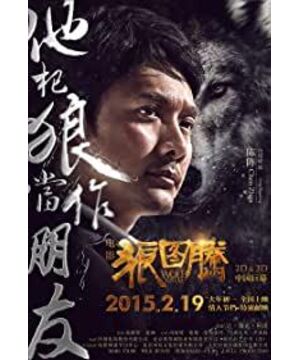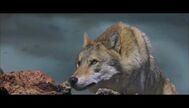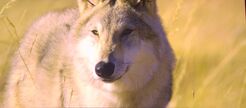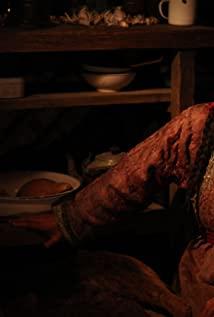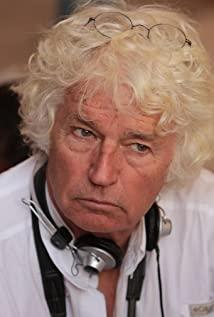Let's talk about the plot. It penetrates the center of the wolf totem. It is indeed to show that the wolf is an animal, his pride, his unrestrainedness, his fearful and respectful side, he is a unique animal, and It is a representative of all the weak and the strong in the world and the interweaving of spirituality. His sharp eyes, handsome hair, and hey Yuan's cry are all his representatives. Actually, I'm not a fan of this novel. I haven't read the original. From the perspective of a first-time movie viewer, I think if people who are not particularly fond of animals, or even a little afraid of animals themselves, would be hard-pressed to get anything deep from this movie, maybe there is none at all. I didn't like animals at all. Before Jack London's novel, I didn't know animals had such a world. He loves to write about wolves, and he has unusual feelings for wolves. He put all the beauty of wolves in his novels, and let me know one thing. Wolves have his pride. If you don’t let him hunt, you will destroy his pride. He is a warrior on the steppe. The deep meaning in this sentence. The film also emphasized Tenggri several times. It is probably the word that people are there, sheep are there, and wolves are there. This sentence always makes people feel. The sense of belonging to the grassland is indeed only such a pure place that can nurture such people. Beijing cannot.
The background of this film is in the educated youth generation, and there is no lack of a little satirical content, such as destruction of land, chaos in production, hunting and killing, the swaying of people's hearts, the swaying of people, a young man in Beijing city, a vast grassland, can't tell clearly too many things.
The rest of the emotion will be kept and read some books.
View more about Wolf Totem reviews


